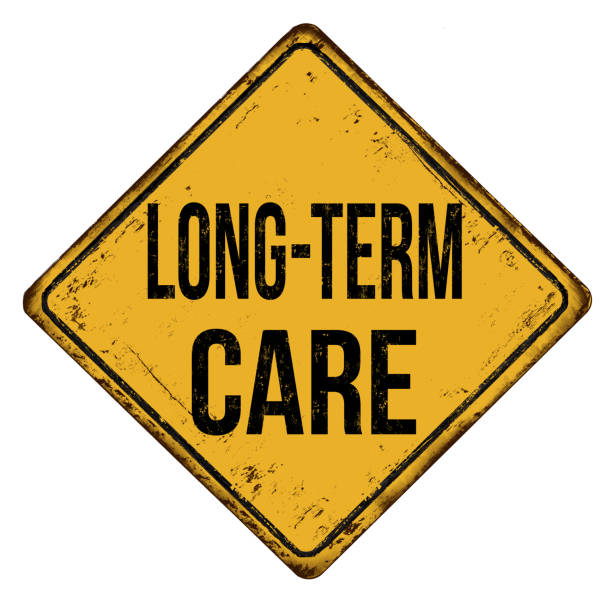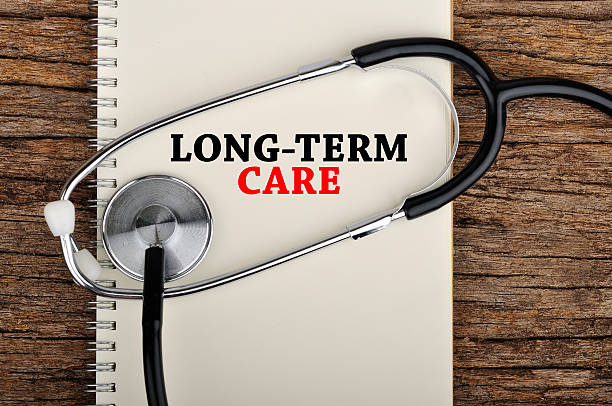Unresolved Congressional Health Care Issues

As the August Congressional recess approaches, several health care issues remain unresolved. It is not clear that even after Congress comes back into session, these problems will be addressed – especially before the November election.
The first of these issues is provider price transparency. The Administration has ruled that hospitals must post their contractual arrangements with insurance companies. Organized hospital associations sued to stop the regulation, but were overruled by the courts. An appeal is planned. In any other economic area, prices are readily available. Competition not only insures better quality, but also less cost for the same service or product.
To insure that the Administration’s regulation remains in place, formal legislation is necessary. Senator Braun (R-IN) has introduced a bill, The Price Transparency Act, that would require hospitals and insurance companies to post their price structure. (here) Common sense would say the bill should have bi-partisan support. Unfortunately, the hospital associations have been big political donors and have a number of elected officials opposing any form of price transparency.
A second issue is balanced billing for out-of-network services. This is a complex problem, where patients receive treatment at a facility that is in their insurance plan, yet are taken care of by providers not in the plan. These out-of-network doctors then balance bill the patient for the difference between what the insurance company pays and what their actual charges are.
Several solutions have been proposed and several states now have legislation in place. (here) For uniformity, federal legislation has been proposed. The most reasonable solution is to require that any provider who has facility privileges must accept the payments from any insurance company that uses that facility. This is basically a free market solution, that doesn’t necessitate heavy government regulations. Although balance billing is a major issue for Americans, it is not clear that Congress will address it this session.
A third issue is drug price control. The Administration is currently discussing a regulation that revolves around drug rebates. (here) There is also some enthusiasm in the Administration to impose a “favored nations” rule where the U.S. would pay the same lower rates for drugs that other countries pay. Congress has considered proposed legislation in the past, but fortunately, no bill has received wide spread bi-partisan support.
From an economic standpoint, price controls can hold down costs, but they also cause shortages of whatever the control is placed upon. Price controls would devastate the vibrant pharmaceutical industry in the U.S. and would significantly decrease the number of life saving and life extending drugs manufactured in the U.S.
The country is still dealing with the COVID-19 pandemic and Congress faces multiple issues related to this crisis. It is doubtful that Congress will address other significant health care issues during the current session.







